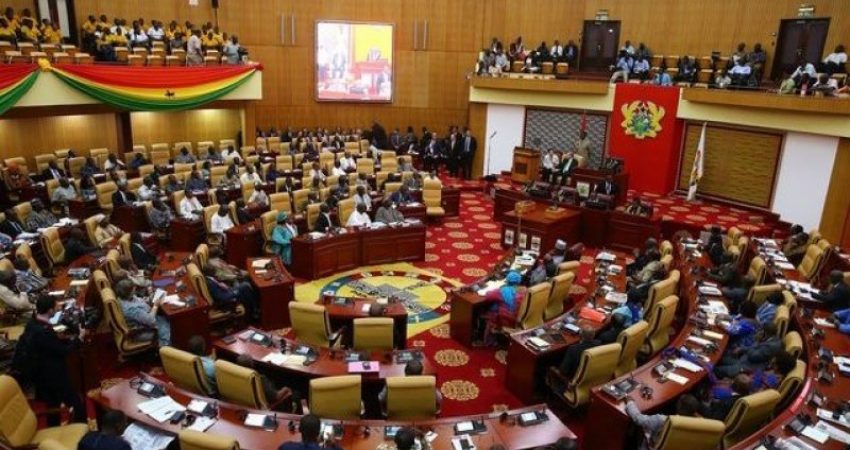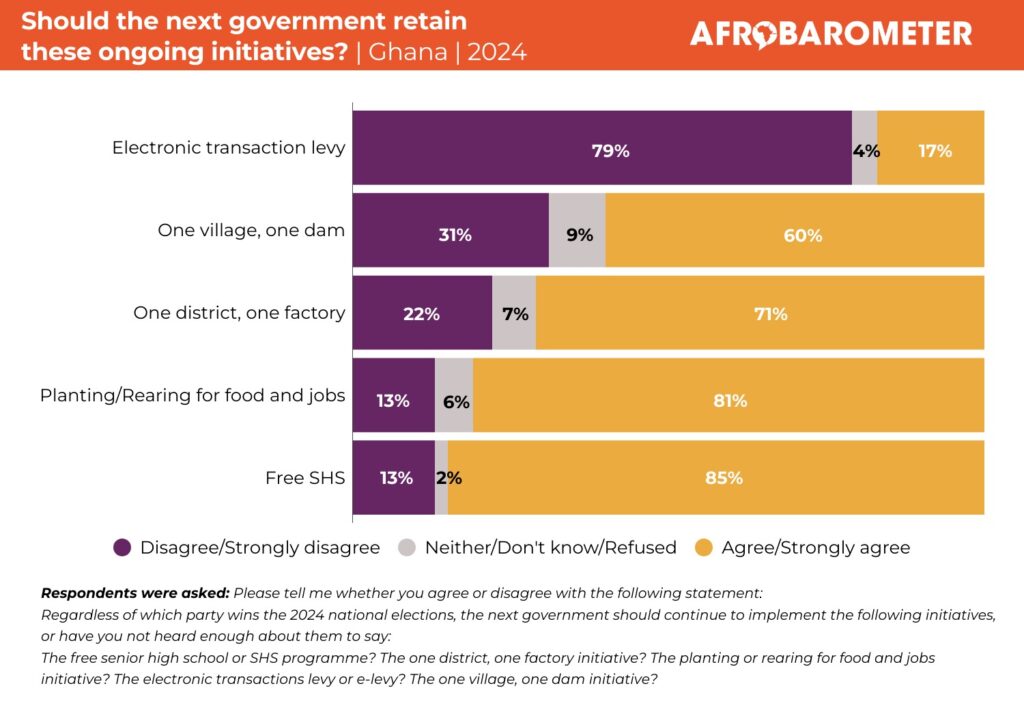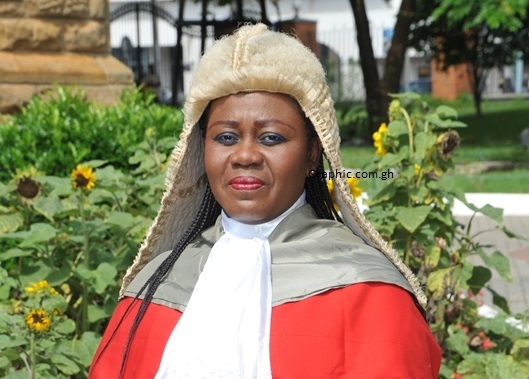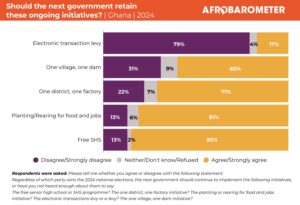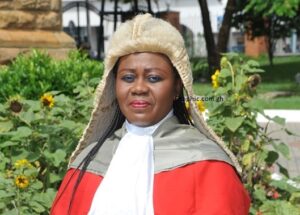At midnight on January 7, 2025, Ghanaians witnessed the inauguration of the 9th Parliament following the successful completion of the country’s ninth election since the transition to constitutional rule in 1992. It is important to remember that in four of the nine elections held so far, Ghanaians have voted for change. In consequence, ruling parties have peacefully handed over power to the main opposition party. There is a lot to celebrate about this milestone and how far, politically, the current constitution has brought us.
However, on this constitution day, I invite you to reflect on a critical component of our constitutional architecture – Parliament, with a focus on the relationship between citizens and their Members of Parliament (MPs).
This relationship needs repair and must be one of the priorities of the just sworn-in 9th Parliament. Why do I make this assertion?
Context
First, let me reiterate the fact that Parliament is a representative institution where each MP represents a group of Ghanaians from a specific geographical area called a constituency. In principle, whatever the 276 MPs do, must reflect the will of the people they represent. They must devise a way to give effect to this democratic principle. But in doing so, MPs should know what their constituents want. They must ensure whatever decisions emanate from Parliament benefits their constituents. I reckon the difficulty of representation especially when Parliament as a collective body may take a decision an individual MP or their constituents oppose.
Second, citizens have expectations of their MPs. A close look at various election year reports by the National Commission for Civic Education (NCCE) does show citizens expect MPs to not only be lawmakers, but to also bring about socio-economic development in their respective constituencies (see NCCE’s Matters of Concern to the Ghanaian Voter). It is therefore odd when some Members of Parliament argue regularly, that they are not development agents. Be that as it may, that argument must be reconciled with the expectations of those they represent.
So, what are the pinch points in the relationship between citizens and their MPs which need attention by this 9th Parliament?
Repairing A Less Than Satisfactory Relationship
Restoring trust must be prioritized. It is quite worrying to observe the dwindling trust expressed in MPs by citizens, a relationship that requires a healthy amount of it. What does it say about the institution and its members when the percentage of Ghanaians who say they trust their MP “somewhat/a lot”, has dropped significantly from 68 percent in 2005 to 26 percent in 2024 as captured by the Afrobarometer survey? With this level of trust, it is easy to conclude that nine elections later, citizens do not believe their MPs truly represent their interests.
It should come as no surprise then when citizens report not contacting their MPs to discuss important issues with them. This is the second issue in need of attention – improving the frequency of contact between citizens and their MPs. In a 2009 study on the performance of the fourth parliament, the NCCE found that as many as seven out of ten (67%) Ghanaians reported “never” approaching their MPs on any issue. This is consistent with findings from the Afrobarometer survey which shows that, over nine rounds of the survey between 2002 and 2024, 85 percent of Ghanaians do state “never” contacting their MPs. In the absence of frequent contact, how do MPs gain a sense of what their constituents expect of them?
While trust may underpin the lack of frequent contact, the next issue in need of attention is the availability of multiple points of contact which citizens can use to reach their MPs. Dr. Owusu Mensah, formerly of the Department of Political Science, Legon, noted this in his 2019 study of Parliament – “several constituents are concerned about the continued absence of their MPs from their communities, they (the MPs) must therefore improve their levels of interaction and communication with their constituents.”
Creating these multiple points of contact can help improve the current perception of MPs as people who do not listen. How can an MP serve and represent the interests of a constituency well if they do not listen? In Round 10 (2024) of the Afrobarometer survey, 82 percent said their MPs “only sometimes/never” listen to what they have to say which is higher when compared to their response in 2002 where 73 percent said this about their MPs.
And MPs must, whether by their actions or inactions, work in this new Parliament to change the growing perception that they are corrupt. As far back as Afrobarometer Round 3 (2005) only 16 percent of Ghanaians believed “most/all” MPs as being involved in corruption. Now compare that to Round 10 (2024) where 51 percent say “most/all” MPs are involved in corruption. This is certainly not helpful in building the kind of positive relationship between citizens and their Members of Parliament.
In Conclusion
Members of the 9th Parliament must not overlook these issues. They must keep in mind that, in addition to the above-described pinch points, Ghanaians are very dissatisfied with the performance of Parliament. For an institution that once enjoyed a 65 percent approval rating (Afrobarometer Round 3, 2005), today only 32 percent approved the performance for MPs (Afrobarometer Round 10, 2024).
Good luck to the 9th Parliament and Happy Constitution Day!
 John Osae-Kwapong (Ph.D) is a Democracy and Development (D&D) Fellow at the Ghana Center for Democratic Development (CDD-Ghana) and the Project Director at The Democracy Project.
John Osae-Kwapong (Ph.D) is a Democracy and Development (D&D) Fellow at the Ghana Center for Democratic Development (CDD-Ghana) and the Project Director at The Democracy Project.


